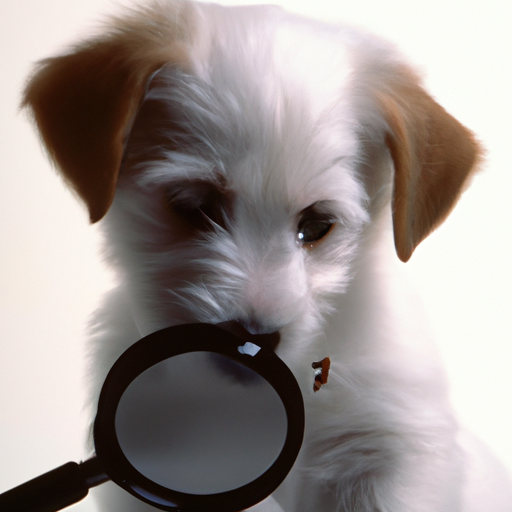Understanding Puppy Teeth
Just like you were once a kid who lost their milk teeth, your furry friend also goes through a similar stage. Puppies are born without teeth, but their baby teeth, also known as deciduous teeth, start to grow in when they’re about 2 to 4 weeks old. These teeth are temporary, serving as placeholders until their adult teeth come in.
The Teething Timeline
The timeline for dogs losing their baby teeth is fairly predictable. Let’s break it down:
- 2-4 weeks old: Deciduous teeth start to appear.
- 3-6 months old: This is typically when puppies begin to lose their baby teeth and permanent teeth start coming in.
- 6-7 months old: By this age, most dogs should have all of their adult teeth.
Spotting the Signs of Teething
Your puppy’s teething period can be a challenging time, both for them and for you. Knowing the signs can help you provide them with some much-needed relief. Look out for:
- Increased chewing: Puppies will chew more during this period to relieve the discomfort.
- Bleeding gums: Don’t be alarmed if you see a little blood. It’s part of the process.
- Lost teeth: You might find tiny teeth around your home.
Caring for Your Teething Pup
Your role as a caregiver is crucial in this stage of your dog’s life. Here are some tips to help you:
- Provide chew toys: These can help alleviate teething pain and keep your pup from chewing on furniture.
- Monitor their eating: Some puppies might eat less because of mouth discomfort.
- Brush their teeth: Start a dental hygiene routine early to keep those new adult teeth healthy.
| Age | Care Tips |
|---|---|
| 2-4 Weeks | Monitor for teeth growth |
| 3-6 Months | Provide chew toys, monitor eating |
| 6-7 Months | Introduce dental hygiene |
Frequently Asked Questions
Q: What if my dog hasn’t lost all their baby teeth by 7 months?
A: It’s best to consult your vet. Some breeds are late bloomers, but retained baby teeth can cause dental problems.
Q: Can I help my puppy with teething pain?
A: Absolutely! Providing chew toys and frozen treats can help soothe their gums.
Q: Should I brush my puppy’s baby teeth?
A: Yes, starting a dental hygiene routine early can promote good oral health.
In conclusion, understanding the growth and loss of your puppy’s teeth is a crucial part of being a pet owner. As a caregiver, your role is to guide them through this process, keeping them comfortable and healthy. Your dog’s dental health is a vital part of their overall well-being, so start early, be patient, and offer lots of cuddles along the way.



